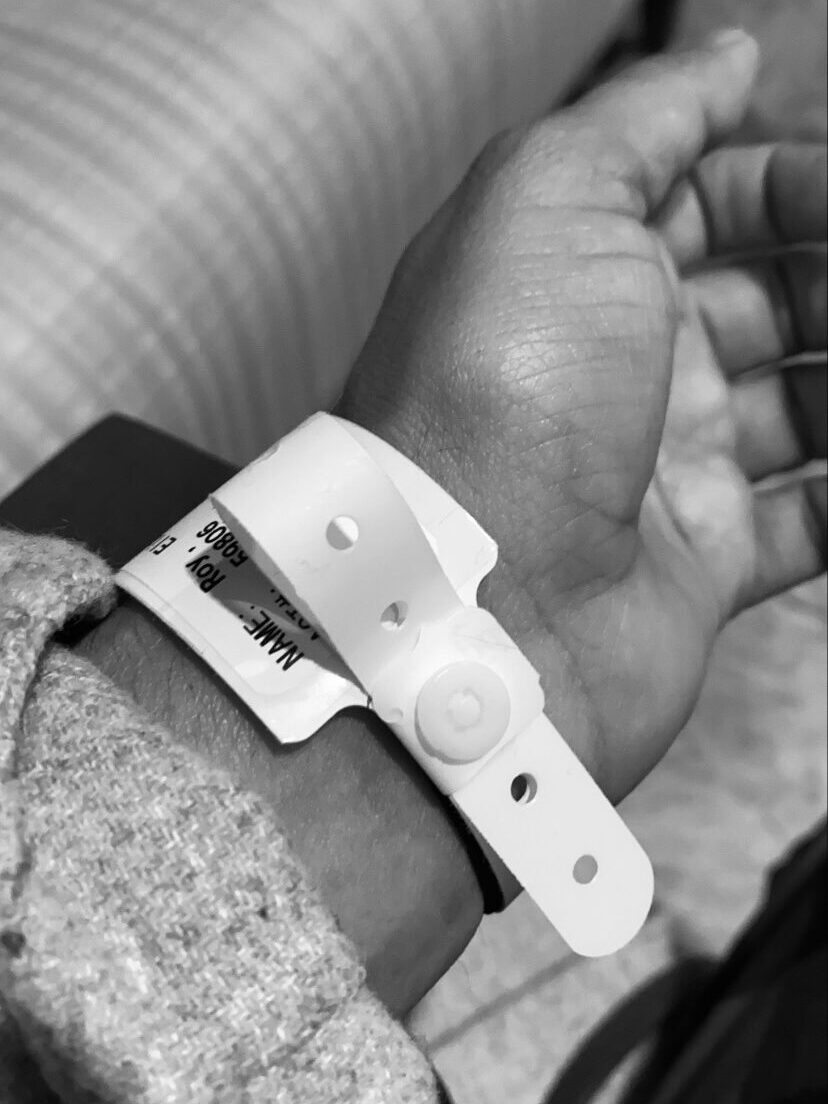The Annual Pap Smear saved my life.

As women, we understand the importance of taking care of our health. From regular exercise to a balanced diet, we make daily efforts to maintain a healthy lifestyle. However, one crucial aspect that often goes overlooked or neglected is regular gynecological exams, specifically annual Pap smears. Scheduling these screenings should be a priority for every woman.
What is a Pap Smears? A Pap smear, also known as a Pap test, is a simple and painless ( this depends on each individual) procedure that involves the collection and examination of cells from the cervix, the lower part of the uterus. The primary purpose of a Pap smear is to detect any abnormalities or changes in cervical cells that may indicate the presence of precancerous or cancerous conditions.
As a cycle breaker, I wanted to be better informed and started doing my own research on how to take care of my health. My tias, grandmothers and mom were too uncomfortable to help and most often they had no idea what and how their bodies functioned. I had my first pap at the age of 17 at the local Plan Parenthood. I did this on my own because my family would not approve and automatically would assume I was sexually active. At home, we never discussed the reproductive system, preventative measures or birth control. My family would think this would be a “green light” to lose my virginity. Their primary concern was for me not to have sex before marriage, not to get pregnant and destroy the opportunity to get a college education. DIOS MIO!
Early Detection and Prevention: Regular Pap smears play a crucial role in the early detection and prevention of cervical cancer. According to the American Cancer Society, cervical cancer is one of the most preventable types of cancer. Through routine Pap smears, abnormal cell changes can be detected early, allowing for prompt treatment and reducing the risk of the disease progressing to a more advanced stage. https://www.cancer.org/cancer/types/endometrial-cancer.html
Regular Monitoring for High-Risk Individuals: Certain factors increase the risk of developing cervical cancer, such as a history of HPV infection, a weakened immune system, or a family history of the disease. For high-risk individuals, annual Pap smears are especially crucial, as they allow for close monitoring of the cervix and the detection of any changes that may require further investigation or intervention. My first abnormal results were about 25 years ago. My prevention plan was to never missed the annual screening and get it done every six months.
Screening for Other Gynecological Conditions: Aside from detecting cervical abnormalities, Pap smears can also help identify other gynecological conditions. These screenings can detect infections, inflammation, or other issues that may require medical attention, such as sexually transmitted infections (STIs) or yeast infections. Early detection of these conditions enables timely treatment, promoting overall reproductive health.
Empowerment Through Knowledge: Knowledge is power, especially when it comes to our health. By undergoing annual Pap smears, women gain valuable insights into their reproductive well-being. The results of these tests provide information that empowers women to make informed decisions about their health, whether it involves treatment options, lifestyle changes, or preventive measures. No one knows your body like you. If you feel something is off- make sure you listen to your gut feeling and get it checked. If your doctor dismisses your concerns, get a second opinion. About 10 years ago, I had a procedure done to remove precancerous cells. My gynecologist was very proactive and performed a cone biopsy/LEEP. Although, it was successful, I had to get preventative screenings every six months. I kept up with this plan for years.
Breaking Down Stigma and Misconceptions: In some cultures or societies, there may be stigmas surrounding gynecological examinations or conversations about reproductive health. By advocating for regular Pap smears, we contribute to breaking down these barriers, encouraging open dialogue, and promoting a culture of proactive health practices for women.
I remember my abuelitas and older tias never wanted to speak about this. They often were misinformed and thought getting a pap smear would affect our virginity’s. This information was passed on for generations and often the family medical history would be a tabu. Most times, some of the women in the family were sick but felt embarrassed to discuss such important health information. There was so much shame when it came to discussing about our reproductive system and women’s health issues.
Annual Pap smears are an essential aspect of women’s healthcare. By ensuring regular screenings, we actively prioritize our reproductive well-being, promote early detection, and take steps towards preventing cervical cancer. By raising awareness and breaking down barriers, we can empower women to prioritize their health, make informed decisions, and strive for a healthier future. Having preventive screenings every 6 months saved my life. My regular gynecologist had retired and my new doctor suggested to skip the pap. I knew something was wrong. I became my own advocate and asked her to get it done even if my insurance would not cover it. To our surprise I was diagnosed with uterine cancerous cells and endometriosis. We looked at the best options and a hysterectomy was performed, endometriosis removed and healing had begun. It has not been a smooth journey. I had to be admitted again for a second procedure days after, but I have no regrets on taking responsibility for my health and advocating for myself. It has taken me months to be able to share this. I had to break cycles of insecurities, self judgement and shame that came with sharing my journey/story. I’ve always said that if my story helps one person to take control of their health, then I am living with purpose. As crazy as this may sound- most of the judgment and shame often comes from other women.
Remember, scheduling an annual Pap smear is not just a routine examination—it’s a significant investment in your overall health and well-being. Also remember, often times we must become our own advocates and break generational cycles of misinformation, shame and tabus.
I am not a doctor or medical adviser. The topics I share in my blog are personal stories and experiences. If you are having medical concerns speak to your doctor. I do believe we learn from each other and every story has a purpose. It allows me to connect with others, share knowledge and wisdom. Let me know if this was helpful and please share with anyone that may be going through something similar.
Love,
Elizabeth

